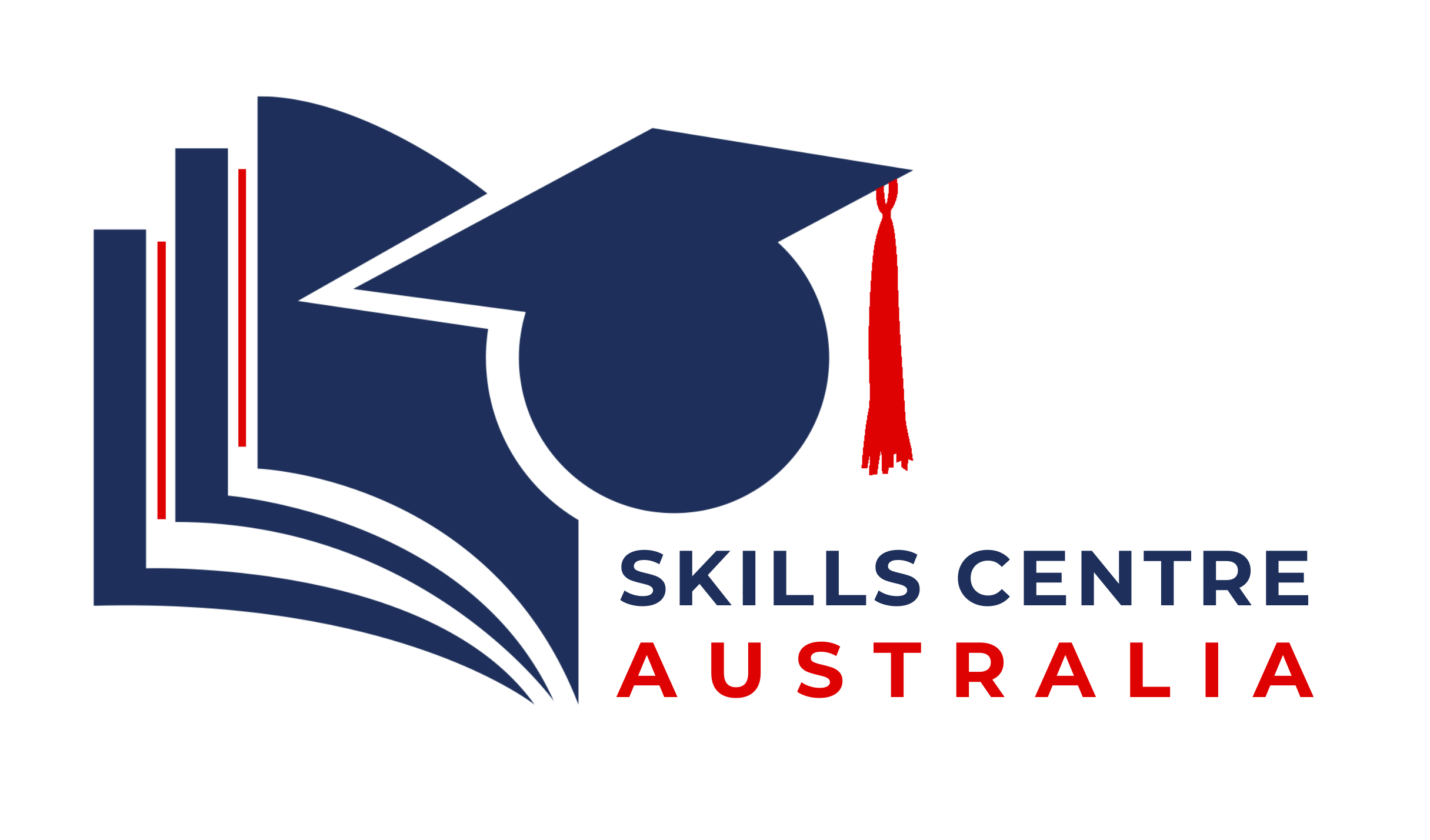As Australia transitions to new Support at Home program, the role of the modern Support Worker is changing. The reforms aim to make home-based aged care more flexible, transparent, and personalised, giving older Australians greater control over how and when they receive support. But these shifts also raise the bar for workers, who will need to combine technical skill, clinical awareness, and emotional intelligence to meet rising expectations.

Person-centred and adaptable care
Under the new model, older Australians receive funding linked to their assessed needs. This makes adaptability one of the most valuable skills in care. Support Workers must read situations, tailor care plans, and move fluidly between roles.
Courses like Personal Care Training and Palliative Care, both offered by Skills Centre Australia, strengthen these foundational skills, teaching carers to combine empathy with best-practice techniques, all while maintaining each client’s dignity and independence.
Clinical awareness and safe practice
The Support at Home reforms also encourage higher-complexity care to be delivered at home, including clinical tasks that were once limited to nursing. This means Support Workers will increasingly be expected to understand and safely assist with certain tasks under appropriate supervision and scope.
To meet these demands, Skills Centre Australia’s advanced clinical modules – including CPAP & BiPAP Training, PEG Feeding Training, and Medication and Administration Training – provide workers with the confidence to handle complex tasks responsibly. This focus on procedural competence supports safer, more efficient in-home care.
Digital literacy and documentation
The new Support at Home framework introduces quarterly budgets, clearer service lists, and increased transparency. Workers will be expected to record progress toward client goals and report outcomes using digital tools and care platforms. While these are not clinical skills, they are increasingly tied to compliance and accountability.
Through our blended learning model, Skills Centre Australia integrates this into some of our courses, helping workers meet industry reporting standards confidently and accurately. This includes our Introduction to Support Work course, which provides insight into how documentation is used to meet ongoing client care needs.

Behavioural support and emotional intelligence
With person-centred care at the heart of the new model, Support Workers must balance professionalism with emotional sensitivity. Skills such as de-escalation, communication, and behaviour management are critical for those working with clients with cognitive or psychosocial needs.
Courses like Restrictive Practices & Behaviour Support, Dementia and Elder Abuse, as well as Caring for Mental Health prepare workers to respond with compassion and respect. They also promote trauma-informed practice – essential for clients living with memory loss, neurological conditions, or behavioural change.
Infection control, hygiene, and ongoing professional growth
Infection prevention remains fundamental to all care roles. Combined with the Support at Home program’s outcome-based framework, workers are expected to uphold the highest hygiene standards while continuously updating their skills.
Skills Centre Australia courses, such as Infection Control and Food Hygiene and Safety reinforce core compliance competencies, while specialty training in Parkinson’s Care, Multiple Sclerosis Training, and Oxygen Therapy expand professional scope.

The evolving Support Worker
The Support at Home reforms are not only reshaping how care is funded, but they are also redefining what quality care looks like. The most in-demand Support Workers in 2026 will combine clinical confidence, adaptability, digital competence, and emotional intelligence.
Skills Centre Australia’s extensive suite of training programs directly aligns with these needs, ensuring workers are prepared to deliver safe, responsive, and compassionate care under the new model. Our programs bridge the gap between policy reform and practical readiness, empowering the Australian care workforce to excel in the next chapter of aged care.

